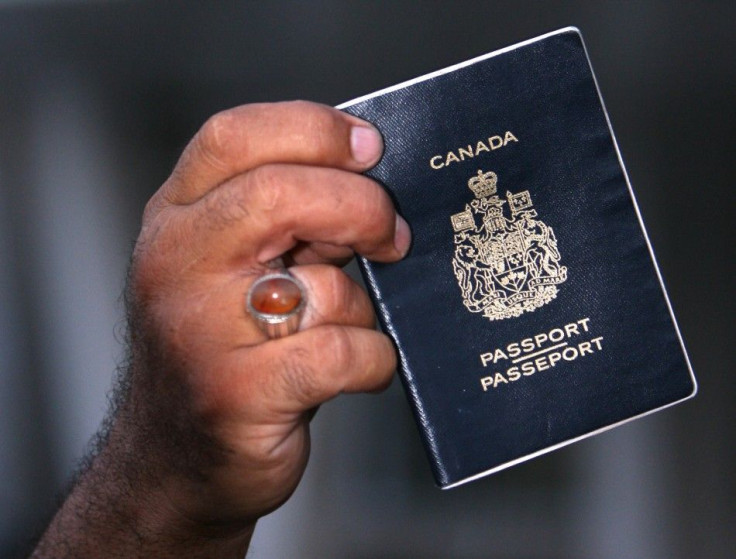Australia to drop passports for biometrics

Australia's airports are set to undergo a radical overhaul this year. The Department of Immigration and Border Protection (DIBP) will utilise a new technology that will no longer require passengers to show their passports. Instead, they will be processed by biometric recognition of the face, iris and or fingerprints.
The plan is in line with the Seamless Traveller project of the DIBP. The transition from passport to biometric is the most ambitious aspect of the project, which is claimed to "transform the border experience."
It’s expected to be a much farther move than what SmartGates has installed at some airports that currently scan passports electronically. Soon, these gates will be considered as part of a "contactless" system as the land down under aims for document-free travel.
The government wants to implement the transition by 2020. By then, the system is expected to be processing 90 percent of travellers automatically.
Head of border security at the Australian Strategic Policy Institute John Coyne said he thinks it is going to be a first in the world. He shared that most senior immigration bureaucrats have long envisioned to streamline arrivals from abroad so passengers can literally just walk out as if at a domestic airport.
Coyne is confident that the innovation is possible. "The innovation was possible because of the massive amount of passenger data – including ticket information, travel history and criminal records – sourced globally and analysed in the back room," he said.
Coyne also believes that Australia is miles ahead of the majority of countries when it comes to modernising airport technology. However, immigration minister Peter Dutton believes that the transition would allow Border Force officials to focus resources on passengers of interest.
But Coyne explained that selective permeability is key. "All of this is about risk. I think in Australia we're doing exceptionally well," he said.




















